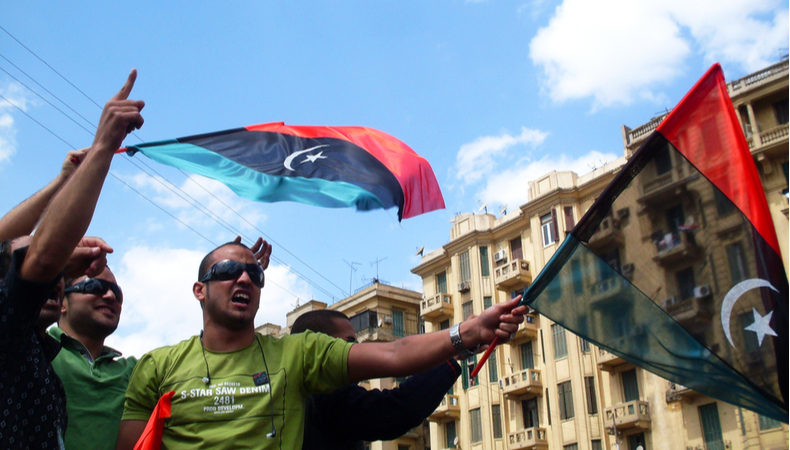Youth Day, Libyan government announces new measures to support young people

As part of the celebration of the International Youth Day, organized by the Ministry of Youth Affairs at the amphitheatre of Leptis Magna (Lebda), in Al-Khums, the Prime Minister of the Libyan Government of Transitional National Unity, Abdel Hamid Al Dabaiba, expressed the importance of the youth segment in Libya, announcing a package of new measures.
Those include the establishment of the National Youth Council as a governance mechanism to work on the development of the youth sector in a strategic way, led by the Prime Minister, members of the Ministry of Youth Affairs, and ministers interested in the industries of well-being, development, and empowerment of young people. The Libyan Prime Minister also aims to organize a mechanism to care for and empower young people by preparing a bill, the first youth legislation in Libya since Libya’s independence.
The new executive announced the establishment of local youth councils to improve their participation in public life at the local and national level, trusting that young people are the best to lead the present and future country.
To overcome the significant challenges faced by young people in the absence of employment, high unemployment, and reluctance to marry due to the housing crisis, the head of the Libyan government announced the directive of the Ministry of Youth, Ministries, and other competent bodies to implement a package of national initiatives.
According to the Libyan Prime Minister spokesman, the GNU opened 1.7 billion in residential loans through the Real Estate Bank to implement financial loan programs by facilitating credit needs for project financing. The most critical projects presented by young people are to create real job opportunities outside the public budget. Al Dabaiba also activated the Marriage Support Fund by allocating one billion dinars to support 50,000 Libyan young people.
Following the downfall of Libya’s former Government of National Accord (GNA), the country’s transitional government faces the problematic results of five years of Fayez Al-Serraj mismanagement. The peaceful reconstruction of the country, which has around 6 million people, will depend mainly on how quickly it successfully involves its youth in the national dialogue on broad and fundamental social change processes towards the elections of December 24.
That will provide these young people with the employment and income prospects they have been demonstrating for since 2011, first of all, in Benghazi and Misrata, then in Al-Zawiya and Tripoli. Since 2011, they called for democracy, liberty, and participation, protesting against corruption and the widespread unemployment that persisted despite the economic boom and abundant resources.




